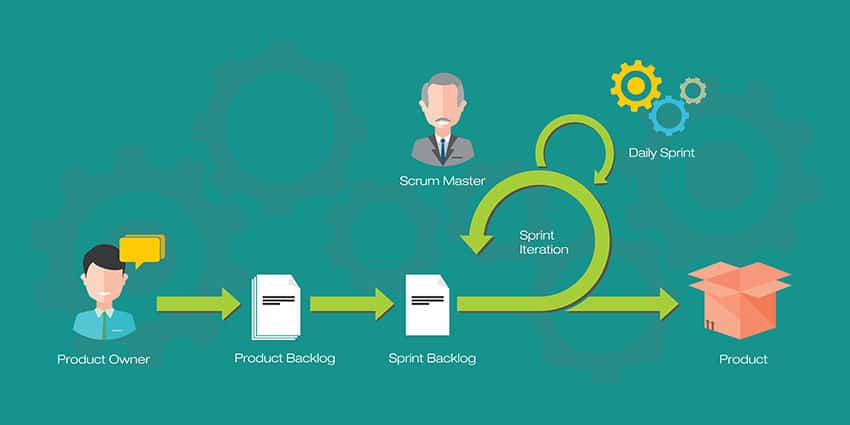Over the course of your career, you made have heard the term “managing up.” Based on what you’ve heard, you may feel that this is almost a form of sucking up to your manager or attempting to manipulate them to play favourites.
However, when executed correctly, managing up is a legitimate tool to furthering your career and making yourself indispensable within an organization. But first, let’s crack this concept and explain its real meaning.
Defining Managing Up
Essentially, managing up means you as a worker (or middle manager) consciously go above and beyond for the mutual benefit of you and your supervisor.
No, that doesn’t mean you act like a Brown-noser, avoid work or use an other manipulative tactics for your own benefit. Instead, you go out of your way to understand your boss’ postion, their duties and needs and then adjust your behaviour in order to make their job easier and exceed their expectations.
How Managing Up Can Benefit You
Learning to anticipate your boss’ needs can offer multiple direct benefits for both you and your boss. For one, when you’re fluidly communicating with your supervisor on a regular basis and consistently going above and beyond, you’ll likely feel happier and more fulfilled when it comes to your work. That extra breathing room for both you and your boss can take some of the pressure off in multiple capacities.
Not to mention this closer relationship with your boss will establish a strong foundation of trust and respect. So if you’re gunning for a promotion or looking to take on additional responsibilities, your supervisor will be confident in your abilities.
Here’s How To Manage Up Effectively
While this concept may seem inherently simple to master, there’s several ways to go about managing up in an effective manner.
Here are a few ways to progress:
Get to know your boss better: Observe and get to know their communication style.
Learn how to anticipate and dive in: Always offer your help when it’s a “all hands on deck” situation. And pay attention because your boss will likely offer a number of opportunities for you to assist them. For example, if they seem burdened by a particular task, offer your thoughts and ideas to help them out.
Avoid being a yes man and office politics: No one likes a sycophant. Brown-nosing will only take you so far, as it feels manipulative. Additionally, stay away from office politics. Relationship management in a professional environment is integral, and it’s important to stay professional at all times. It may be tempting to partake in office gossip, but it’s better to leave the personal baggage at the door.






